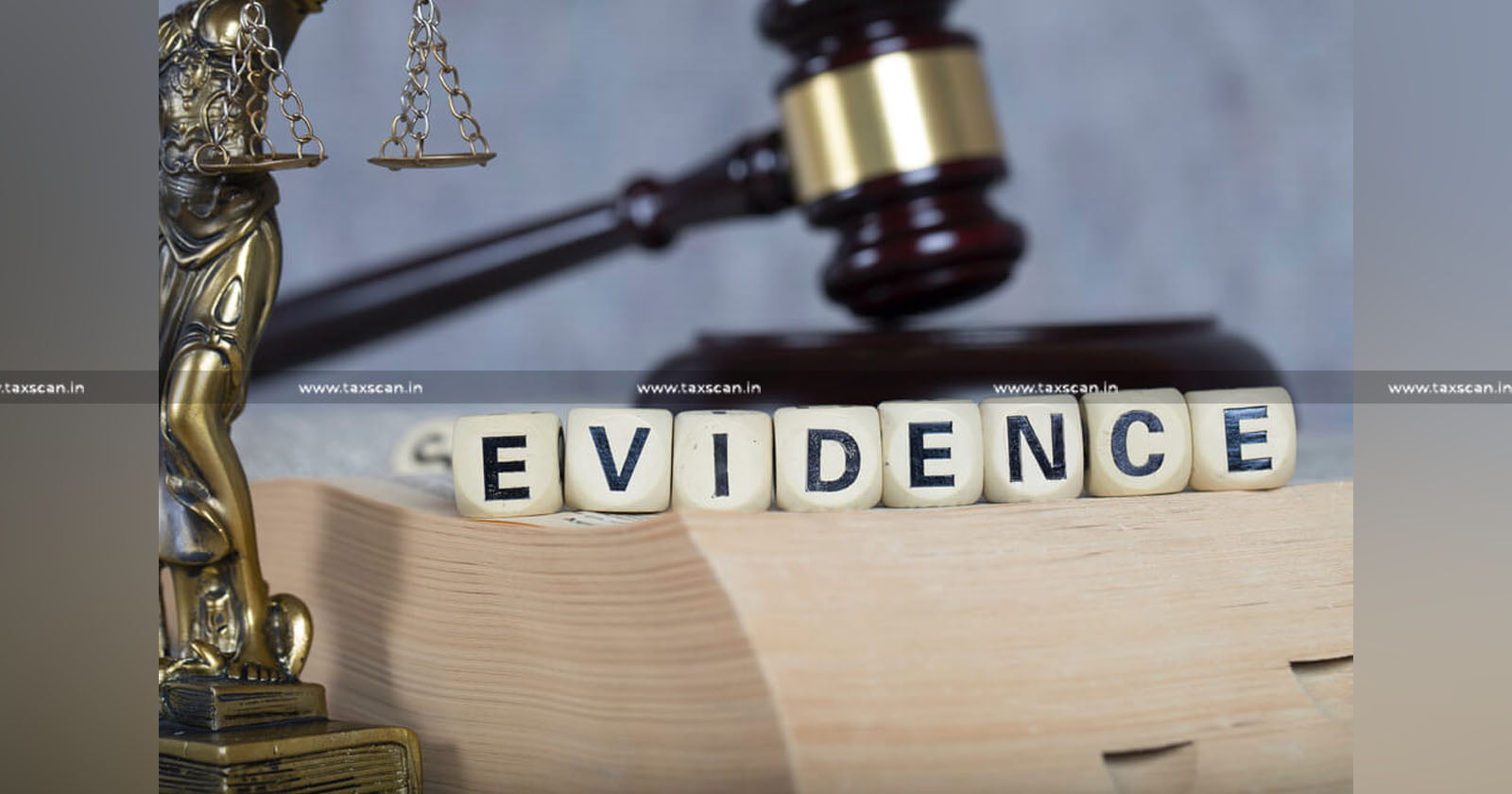Claim of the Assessee cannot be said to be “Concealment of Particulars of Income” in the Absence of Supporting Evidence: ITAT deletes Penalty Levied u/s 271(1)(c)

The Income Tax Appellate Tribunal (ITAT), Ahmedabad Bench, has recently, in an appeal filed before it, while deleting the penalty levied u/s 271 (1) (c), held that the claim of the assessee cannot be said to be “concealment of particulars of income” in the absence of supporting evidence.
The aforesaid observation was made by the Ahmedabad (ITAT), when an appeal was filed before it by the Assessee, against the Appellate order dated 11.03.2022 passed by the Commissioner of Income Tax (Appeals), National Faceless Appeal Centre, Delhi, arising out of the Penalty order passed under section 271(1)(c) of the Income Tax Act, Act,1961, relating to the Assessment Year (A.Y) 2013-14.
The brief facts of the case are that the assessee was a Co. Operative Society, providing credit facilities to its members. For the Assessment Year 2013-14, the assessee had filed its Return of Income claiming a deduction of Rs. 16,43,080/. under Section 80P(2)(a)(i) During the assessment proceedings, the Assessing Officer found that the assessee was in receipt of aggregate interest income from deposits with nationalized banks of Rs.20,85,266/- and interest on Income Tax Refund of Rs. 22,863/-. And the assessee was called upon to explain why the aggregate interest income should not be taxed under the head “Income from Other Sources”, disallowing the claim of deduction under Section 80P(2)(a)(i) of the Income Tax Act.
Aggrieved by the addition, the assessee filed an appeal before the CIT(A) who dismissed the assessee's appeal following the Gujarat High Court judgment in the case of State Bank of India Co.Op. Society vs. CIT
Thereafter, the Assessing Officer initiated penalty proceedings imposing a penalty under Section 271(1)(c), asking the assessee as to why the same should not be levied since the assessee has furnished “inaccurate particulars of income”. After considering the reply filed by the assessee, the Assessing Officer levied a penalty of Rs.5,04,622/- under Section 271(1)(c) of the Income Tax Act.
Aggrieved against the Penalty order, the assessee filed an appeal before the CIT(A), who partly allowed the appeal, and further aggrieved by the same, the assessee is presently in appeal before the tribunal.
Hearing the opposing contentions, as submitted by S.N. Divatia, on behalf of the Assessee, and by Atul Pandey, on behalf of the Revenue, the ITAT observed:
“In our considered view, the claim of the assessee at the most can be regarded as “inaccurate claim” which cannot be equated with the furnishing “inaccurate particulars of income”. It is for the reason that nothing has been brought on record by the authorities below suggesting that the assessee has furnished the particulars of income with dishonest intent.”
“As regards Explanation 1 to section 271(1)(c) of the Act, there was no iota of evidence suggesting that the explanation offered by the assessee was false. Thus, the claim of the assessee cannot be said amounting to “concealment of particulars of income”. Likewise, there was no finding of the authorities below qua the fact that the assessee fails to substantiate the explanation offered by him and fails to prove that such explanation is bonafide with respect to material facts relating to the computation of total income. Thus, in our considered view the provisions of Explanation 1 to section 271(1)(c) of the Act cannot be attracted in the given facts and circumstances.”, the coram of Annapurna Gupta, the Accountant Member, along with T.R Senthil Kumar, the Judicial Member added.
Thus, allowing the assessee’s appeal, the ITAT held:
“In view of the above and after considering the facts in totality, we set aside the finding of the learned CIT (A) and direct the AO to delete the penalty levied by him under section 271(1)(c) of the Act. Thus, the ground of appeal of the assessee is allowed. In the result, the appeal filed by the assessee is hereby allowed.”
To Read the full text of the Order CLICK HERE
Support our journalism by subscribing to Taxscan premium. Follow us on Telegram for quick updates
Posun Credit Co.Op. Society Ltd. vs The Asstt. CIT , 2023 TAXSCAN (ITAT) 764 , Shri S.N. Divatia , Shri Atul Pandey

